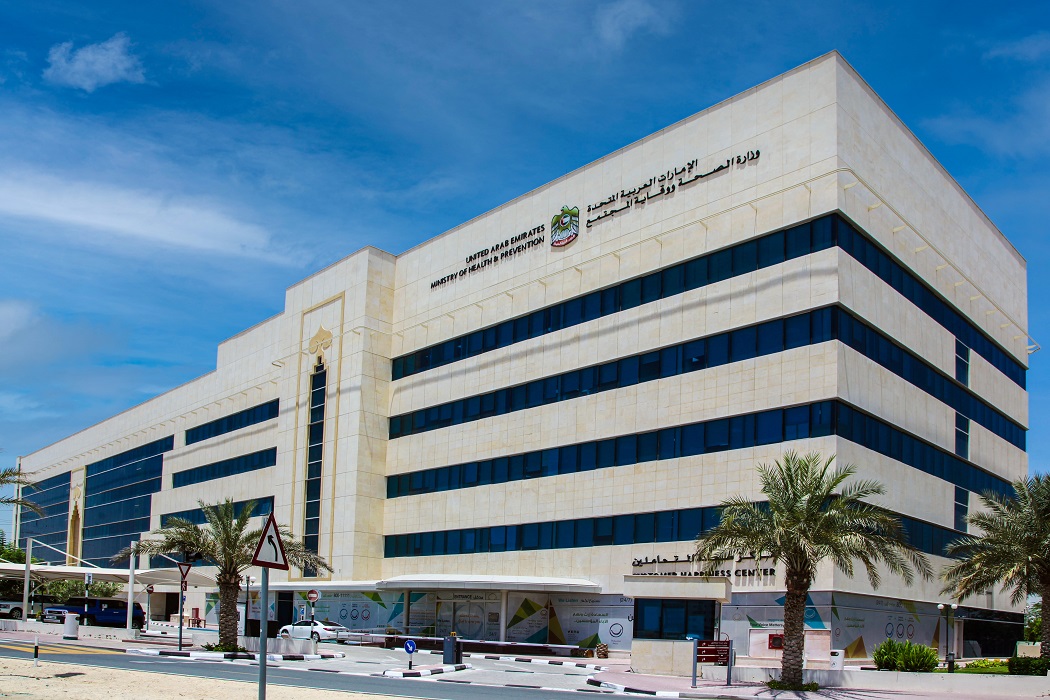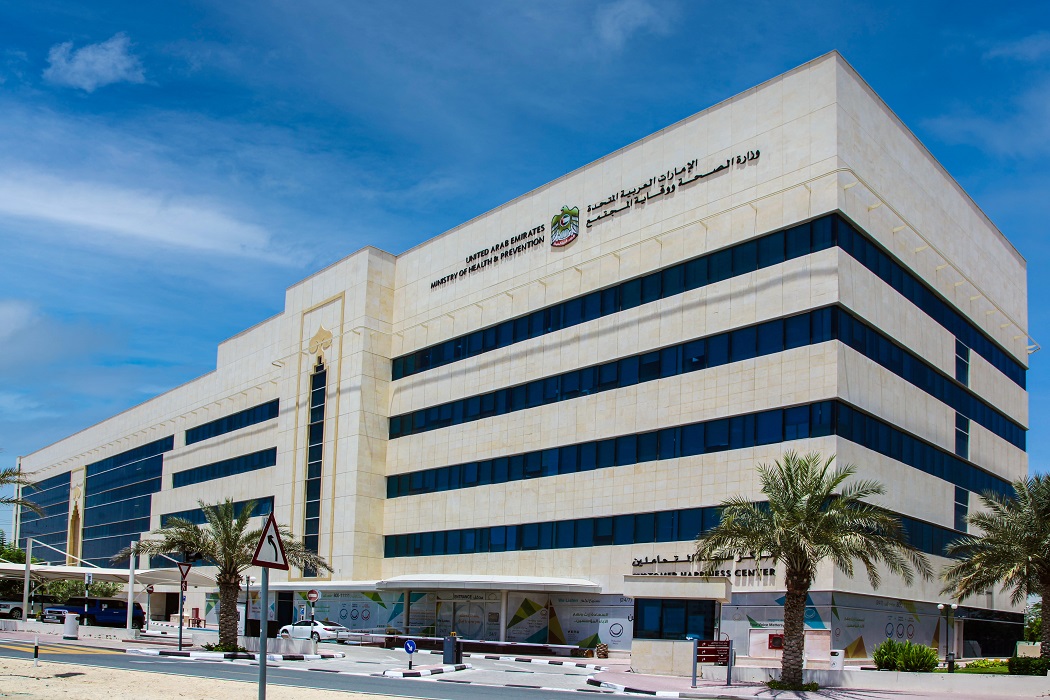Physical Address
304 North Cardinal St.
Dorchester Center, MA 02124
Physical Address
304 North Cardinal St.
Dorchester Center, MA 02124

The Ministry of Health and Prevention has joined the global community in observing World Malaria Day on April 25, a day that marks the 16th anniversary of the UAE being declared malaria-free by the World Health Organization in 2007.
The Ministry has reiterated the UAE’s commitment to helping reduce worldwide malaria incidence by 90% before 2030, in line with this year’s “Harness Innovation to Reduce the Malaria Disease Burden and Save Lives” theme.
MoHAP emphasized that the UAE continue to make every effort to combat malaria through the implementation of preventative measures that prioritize the protection of the community’s health. The nation was among the first in the Eastern Mediterranean region to be declared free of the disease, solidifying its commitment to maintaining a healthy environment for its citizens.
International recognition
MoHAPsaid that several international health organizations have lauded President His Highness Sheikh Mohamed bin Zayed Al Nahyan for his unwavering support to global efforts aimed at combating malaria. Sheikh Mohamed has supported the ” Malaria No More ” and “Reaching the Last Mile” initiatives, which are part of the country’s broader humanitarian initiatives to promote health programs and therapeutics. The UAE has also consistently demonstrated its commitment to supporting global health initiatives, including the Global Alliance for Vaccines and Immunization (GAVI) and the “Roll Back Malaria Partnership” program.
The Ministry said that the UAE will continue to promote global health through partnerships with leading institutions, working together to make a meaningful impact on communities around the world. These collaborations enable the launch of impactful initiatives that make a tangible difference in the lives of individuals and families, advancing progress towards a healthier and more sustainable future.
Epidemiological surveillance
MoHAP has clarified that its response to malaria is based on an effective strategy that involves collaborating with health authorities to prevent the importation of malaria into the country. This strategy also includes implementing a highly efficient epidemiological surveillance program, which is in accordance with Federal Law No. (14) of 2014 Concerning the Prevention of Communicable Diseases and the International Health Regulations. The Ministry also works on investigating and controlling insects and cooperates with neighboring countries in this field to ensure comprehensive control of the disease.
The Ministry reaffirmed its commitment to maintaining the country’s malaria-free status through the rigorous implementation of the post-declaration plan. This includes completing the rehabilitation and training of specialized personnel as well as strengthening activities to combat mosquitoes that transmit the disease.
Malaria is a life-threatening disease caused by parasites that are transmitted to humans through the bites of infected female Anopheles mosquitoes. While the disease can be prevented and treated, it continues to be a significant global health challenge. In 2021, it is estimated that there were approximately 247 million cases of malaria worldwide. To combat this issue, the WHO Global Technical Strategy for Malaria 2016–2030 sets out ambitious and achievable global targets, including reducing the incidence of malaria by 90% and eliminating the disease in 35 countries by the year 2030.
